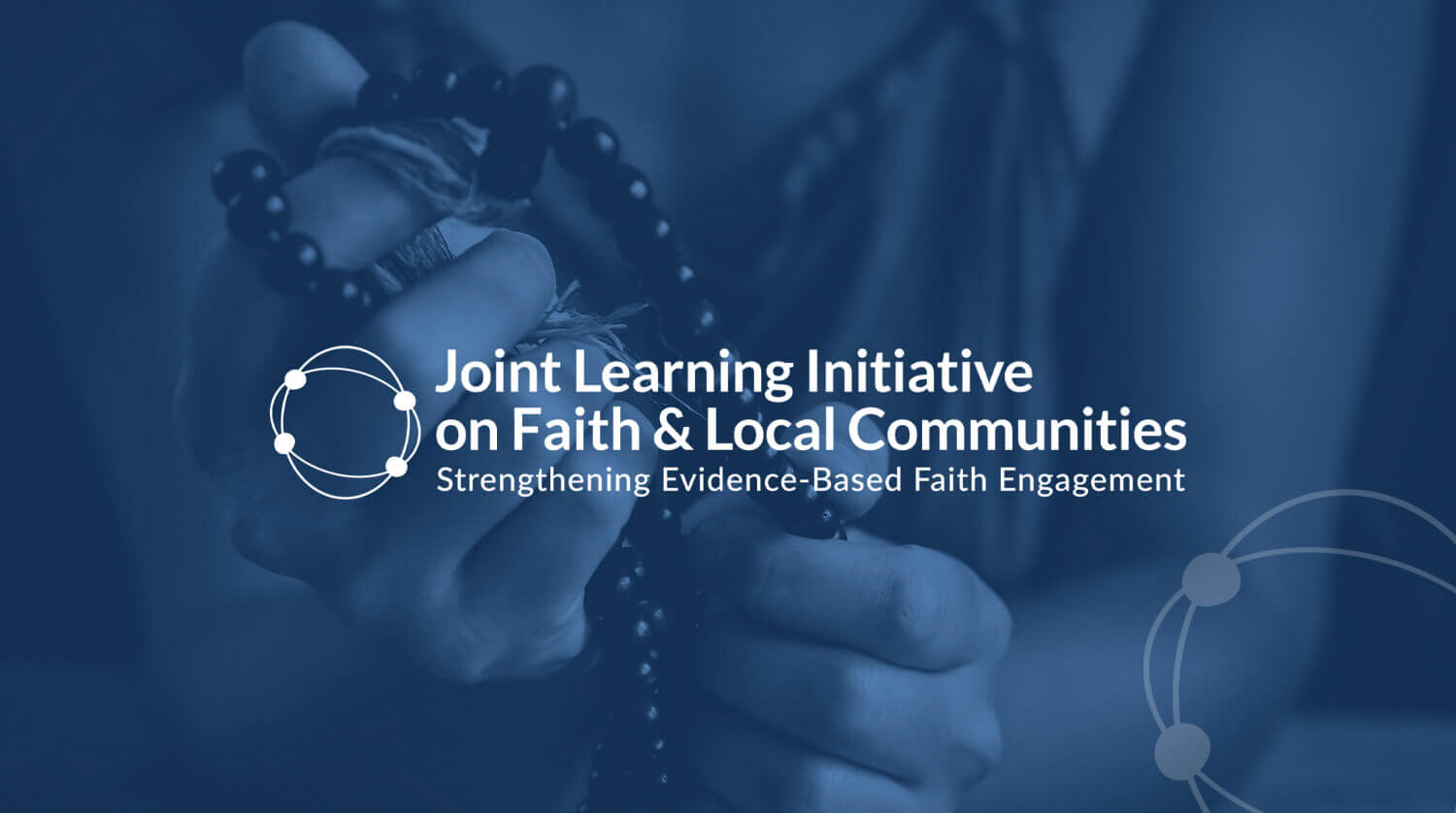A reflection by Veena O’Sullivan, Tearfund & JLIF&LC Gender-based Violence Hub. Evidence Brief 3 focuses on key role of faith communities in empowering and protecting girls and addressing gender-based violence.
As the much anticipated World Humanitarian Summit approaches, I sit with mixed emotions. One day I am filled with excitement about the change this Summit could bring; on another day I plunge to the depths of despair with the news of another hospital getting bombed and the rape of more women and girls. But one cannot stay too despondent for long; the task on hand is excruciatingly compelling and the hope demonstrated by those who suffer the most is an extraordinary force that is hard to resist. We know that violence against women and girls has been a consistent part of war, ignored for most of history, but that has changed in recent years. The UN Secretary General highlighted issues of gender justice and ending gender-based violence as clear priorities for the Summit. These issues can no longer be neglected or accorded second place in humanitarian responses. They have to be priorities for action, central to all aspects of any humanitarian response. We cannot ignore the devastating impact conflict has on women and girls for the long term, as well as the deep trauma affecting generations that follow. We cannot rehabilitate and rebuild a community or a country without ensuring the safety and care of women and girls who often make up often more than half the population.
Ending violence against women and girls is not an easy task but we are not left staring at a blank canvass either. In every context, however brutal the narrative, we find evidence of hope, often in far away hard-to-reach villages. From the Central African Republic to Lebanon, women have run to places of worship looking for refuge and have sometimes found it. Events like the WHS can become critical opportunities for reflection and learning so that we do the right thing going forward. To do this well we have to learn from both the big and small stories, listen to both the difficult and the wonderful lessons they teach us. This means sometimes we have to go looking for evidence that is often unwritten and hard to find.
The privilege of my job is that I get to be involved in some of these unwritten stories and that I in turn can bring pen to paper and share some of those experiences. The evidence for the positive role faith communities play in preventing gender based violence and ending violence against women and girls is beginning to emerge. Not a lot is documented to date but this is changing fast. We know enough to realize that faith leaders and communities play an influential role in shaping social norms, which is key to transforming harmful beliefs and behaviors’ that are critical to ending gender injustice. When equipped with knowledge faith leaders become key advocates for survivors, accompanying them so they can gain access to health and justice in places where government facilities are inadequate. We know that when they become Champions for gender justice, faith leaders influence their communities both locally and nationally, become defenders of human rights and advocate for support for survivors, speaking out as credible leaders. The evidence is there but we have to make an effort find it. The onus is on people like me to document and highlight the leadership of faith leaders such as Pastor Alexis in rural Burundi, who as a first responder, is rescuing women and girls from violence every day, ensuring their perpetrators are in prison, as well as providing material support to replace what women have lost. Just as importantly, he continues to facilitate dialogues on transforming harmful masculinities as a way of moving to a more just violence free society. I know that there are many more like him and I am driven to share their collective stories of change and impact so that they can become allies in ending the suffering of women and girls.
 Veena O’Sullivan is the Team Leader for the GBV and Peace building Team at Tearfund. She is the Chair of ‘We Will Speak Out’, a global faith coalition working to end sexual violence and is also a Co Chair of the GBV Hub of the Joint Learning Initiative on faith and local communities.
Veena O’Sullivan is the Team Leader for the GBV and Peace building Team at Tearfund. She is the Chair of ‘We Will Speak Out’, a global faith coalition working to end sexual violence and is also a Co Chair of the GBV Hub of the Joint Learning Initiative on faith and local communities.






